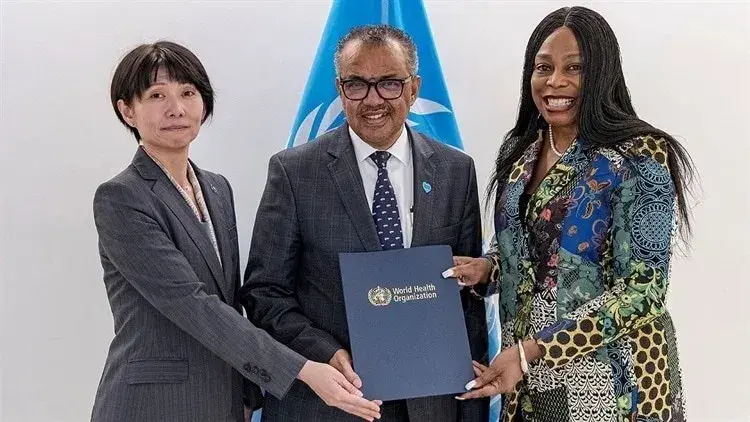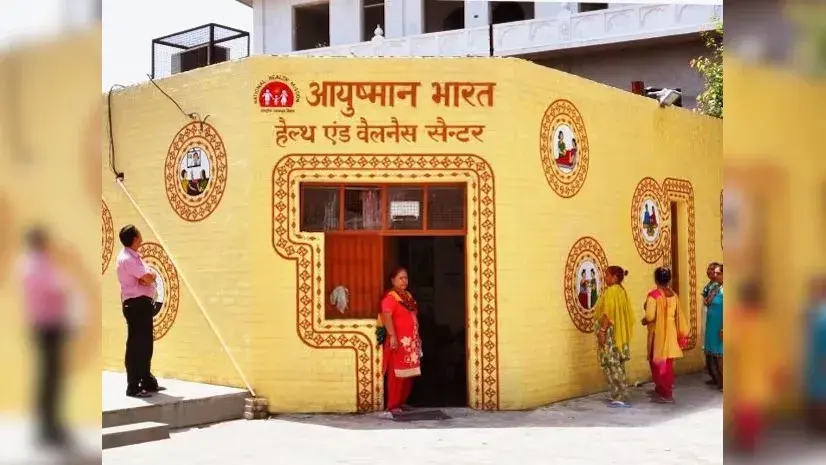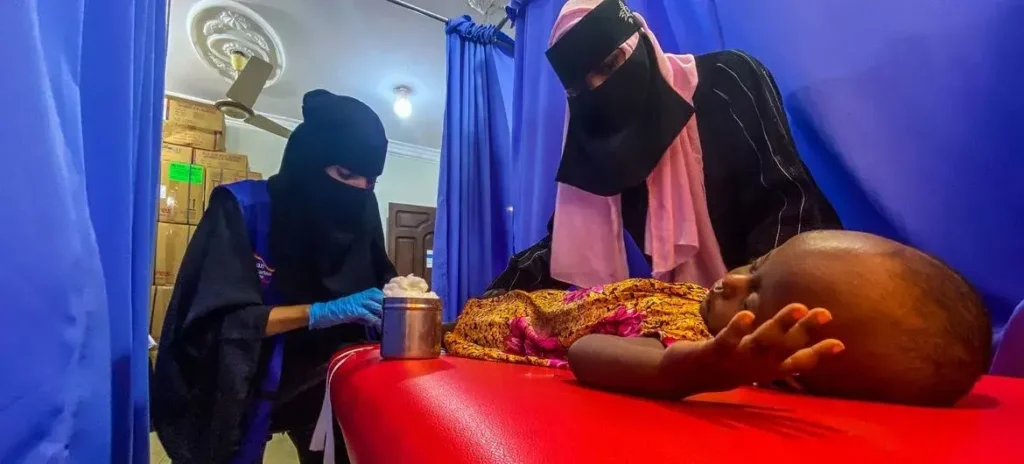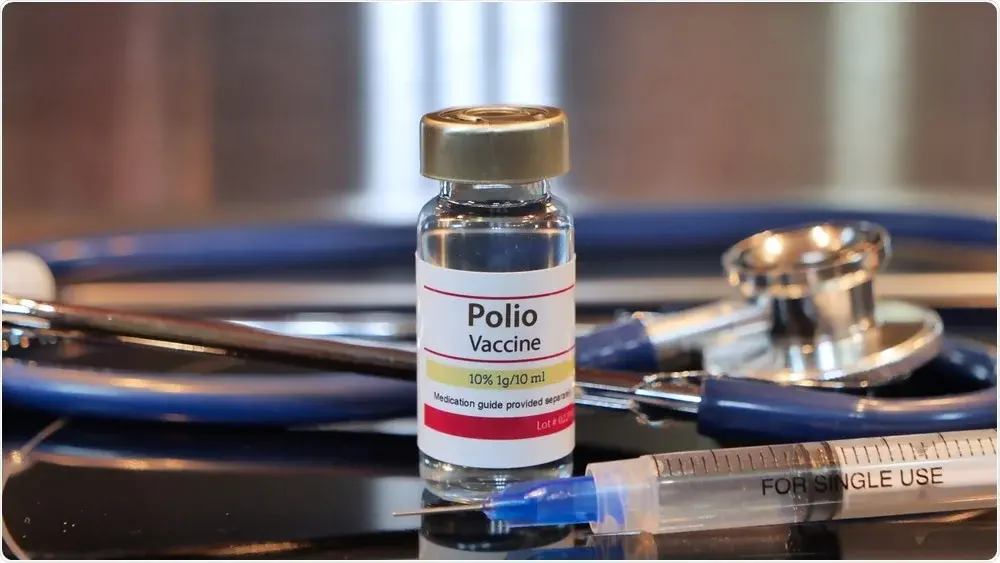In 2020, India witnessed the highest number of preterm births globally, with a staggering 3.02 million cases, constituting over 20 percent of all premature births worldwide, as revealed by a study published in The Lancet journal. This research, conducted by experts from the World Health Organization (WHO), the United Nations Children’s Fund (UNICEF), and the London School of Hygiene and Tropical Medicine, UK, further disclosed that more than half of all premature births in 2020 occurred in just eight countries. Following India, the countries with the highest preterm birth rates were Pakistan, Nigeria, China, Ethiopia, Bangladesh, the Democratic Republic of the Congo, and the United States, according to the researchers. The notable prevalence of preterm births in these regions is partly attributable to their substantial population sizes, high numbers of total births, and underdeveloped healthcare systems that struggle to provide high-quality family planning, antenatal care, and childbirth services to all those in need. Globally, approximately 13.4 million babies were born prematurely in 2020, with nearly one million succumbing to complications associated with preterm birth. This data equates to roughly one in ten babies being born prematurely, before completing 37 weeks of pregnancy worldwide. Given that prematurity ranks as the leading cause of child mortality in their early years, there is an urgent need to bolster both preterm infant care and preventative measures, particularly focusing on maternal health and nutrition to enhance child survival, emphasize the authors of the study. Furthermore, preterm birth significantly increases the likelihood of major illnesses, disabilities, developmental delays, and even chronic diseases like diabetes and heart conditions in adulthood for those who survive. This study derives its estimates from data that is representative of populations and national statistics, enabling internationally comparable assessments for the year 2020. It highlighted that India had the highest incidence of preterm births in 2020, totalling 3.02 million cases, accounting for over a fifth of all preterm births worldwide. While most high preterm birth rates were observed in low and middle-income nations, rates of 10 percent or higher were also evident in high-income countries such as Greece and the United States. Within South Asia, Bangladesh reported the highest preterm birth rate in 2020 at 16.2 percent, followed by Pakistan at 14.4 percent, and India at 13.0 percent. In Latin America, the rates ranged from 5.8 percent in Nicaragua to 12.8 percent in Suriname. As birth registration and facility-based deliveries have increased, data on the prevalence of preterm births has improved. Nevertheless, there are still 92 countries lacking sufficient nationally representative data. Consequently, the authors call for sustained efforts to enhance data availability, quality, and sharing to better target support and action where it is most needed. Dr. Anshu Banerjee, Director of Maternal, Newborn, Child, and Adolescent Health and Ageing at WHO, emphasized the vulnerability of preterm babies to life-threatening health complications and the necessity for dedicated care and attention. He stressed the urgency of substantial investments in services supporting preterm infants and their families, as well as a heightened focus on prevention, particularly ensuring access to quality healthcare before and during pregnancies. The researchers underscored that preterm birth is not exclusive to low and middle-income countries, as the data clearly reveals its impact on families worldwide, including some high-income countries such as Greece (11.6 percent) and the United States (10 percent).








